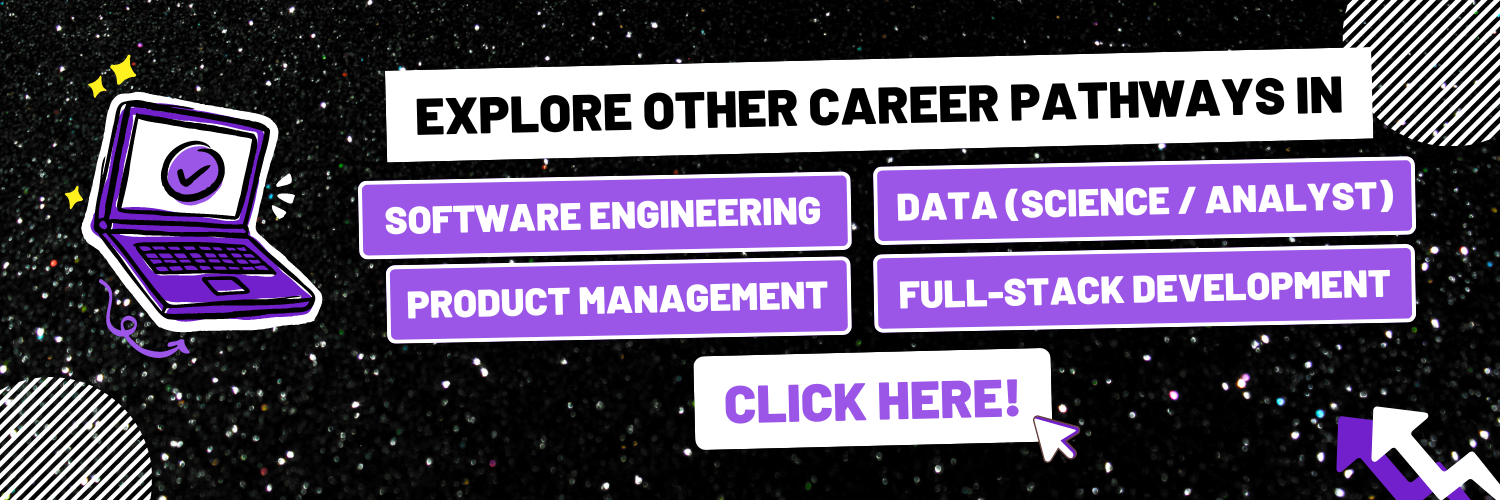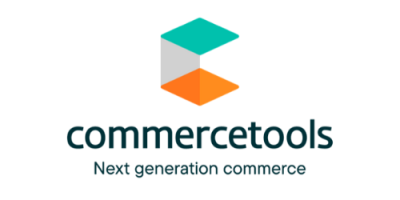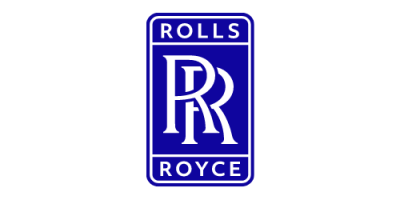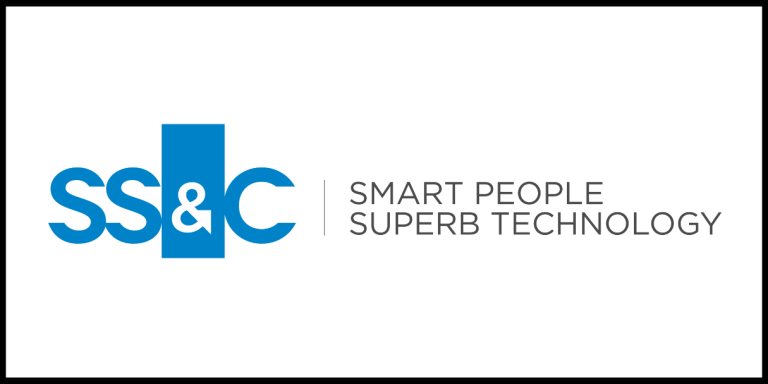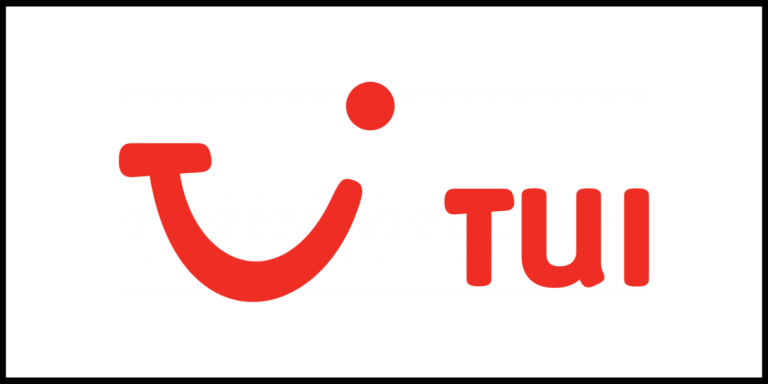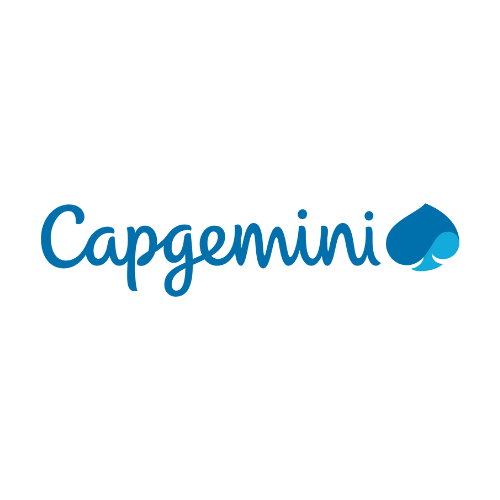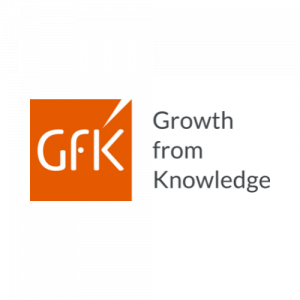
Content Menu
How to start & progress a career in Software Engineering
What is a Software Engineer?
Software Engineers (SE’s) are responsible for designing, developing, testing, and maintaining software systems and applications. They work with a variety of programming languages (such as JavaScript and Python), frameworks, and tools to create functional and efficient tech solutions that we encounter daily.
From the metres we use in our homes to measure our energy usage, to the period tracking apps used to log our cycles – there’s a software engineer behind the creation and maintenance of those tech products.
Software Engineers work in teams and often cross-functionally across an organisation, to gain data on user needs, work on the entire software development cycle, and ensure that products or services are delivered to a high standard using scalable software products.
Their responsibilities often include coding, debugging, problem-solving, and staying updated on emerging technologies and best practices in software development. In the field of software engineering, various job titles reflect different levels of expertise, specialisation, and responsibilities.
Here are some common job titles within software engineering:
- Software Engineer (Junior/Associate/Senior)
- Full-Stack Engineer
- Software Architect
- AI Engineer
- Mobile App Engineer
- Junior Platform Engineer
- Associate Consultant
Keep reading to find out more!
Software Engineer Tasks and Responsibilities
The key tasks that Software Engineers typically engage in can vary depending on the software development life cycle stage, the specific responsibilities within a given role, and the level of experience the Software Engineer has themselves.
Four core tasks that every Software Engineer is expected to do:
- Coding: Coding is the fundamental task where engineers translate design and requirements into executable instructions for the computer. Not only that, they are responsible for writing, modifying, and debugging code to address any software problems brought up by the teams.
- Debugging: Debugging involves maintaining the integrity of the codebase and ensuring that the software is functioning properly. If it isn’t then it’s the Software Engineer’s job to identify, isolate and fix the issues within the code. So good problem-solving skills are a must!
- Testing: Testing involves identifying and fixing defects, ensuring software quality, and preventing issues in production. SEs are expected to develop and execute tests to ensure programs are functional and reliable.
- System Design: System design lays the foundation for the software, influencing scalability, maintainability, and overall efficiency. Therefore, being able to create the architecture and design of the software based on requirements and constraints is a necessary skill to have.
Additional Skills in Software Engineering
Four skills to become a more well-rounded Software Engineer and stay adaptable to the evolving changes in the tech space:
-
- Algorithms and Data Structures: A solid understanding of algorithms and data structures to solve problems for clients is essential for designing efficient and optimised solutions.
-
- Version Control: Involves tracking and managing changes to the codebase (i.e. Git). It requires good organisation skills and attention to detail.
-
- Security Awareness: Security is quite important in tech! So an awareness of security best practices (i.e. dealing with phishing and malware) and the ability to integrate security measures into the software development process makes for a really strong skill.
- Agile Methodologies: Familiarity with Agile development methodologies, such as Scrum, for iterative and collaborative project management helps to develop good organisational and collaboration skills.
Software Engineering Job Roles and Salaries
These titles represent a range of roles and specialisations within the broad field of software engineering, reflecting the diverse skills and expertise required in the industry.
Junior Roles
Intern Software Engineer: An Intern Software Engineer usually works under the guidance of more experienced Software Engineers and may do some day-to-day shadow work. To begin with, Interns may be part of brainstorming sessions and learning opportunities to upskill in software engineering. They might be given tasks such as research, testing code or debugging – to help them grow more confidence in the development environment.
Junior Software Engineer: A Junior Software Engineer will normally work alongside more experienced developers contributing to the coding, debugging, and troubleshooting tasks while learning from their teams. As they gain experience, they gradually take on more responsibilities and contribute to the overall success of the software development team.
Mid-Level Roles
Software Engineer: Software Engineers design, develop, test, and maintain software applications.
Senior Software Engineer: A Senior Software Engineer has a more experienced role with additional responsibilities, often involving leadership, mentoring, and complex technical decision-making.
Lead Software Engineer: Lead Software Engineer not only leads the team but also provides technical guidance, sets standards and oversees project development.
Advanced Roles
Principal Software Engineer: A Principal Software Engineer is a high-level technical expert who contributes to the architectural design of software systems and provides strategic direction for engineering projects.
Software Development Engineer (SDE): Software Development Engineer is a title commonly used by technology companies like Amazon, representing a role that encompasses various aspects of software development.
Specialised Roles in Software Engineering
Site Reliability Engineer (SRE): An SRE’s role combines aspects of software engineering and IT operations to ensure the reliability, availability, and performance of systems.
Quality Assurance (QA) Engineer: QAs have to be good at organisation and troubleshooting to maintain software quality through testing and validation, identifying and addressing bugs and issues.
Software Architect: Software Architects oversee the designs and the overall structure and architecture of software systems. They make high-level design decisions and ensure technical integrity.
Mobile App Developer: Mobile App developers are in charge of creating applications for mobile devices, such as smartphones and tablets. This includes social media networks, and optimising desktop apps to fit mobile devices.
Embedded Systems Engineer: Works on developing software for embedded systems (i.e. smart watches, gaming consoles, GPS, etc) which are dedicated computing devices within larger systems.
Machine Learning Engineer: ML engineers specialise in developing algorithms and models for machine learning applications.
Data Engineer: Data Engineers design and develop the architecture for collecting, storing, and analysing large volumes of data.
Blockchain Developer: Blockchain Developers specialise in developing applications and solutions using blockchain technology. This role is mostly used in banking, healthcare and cryptocurrency.
Security Engineer: Focuses on ensuring the security of software applications and systems, identifying and mitigating potential vulnerabilities.
Software Engineering career progression and salaries
The career development and salary of a Software Engineer can vary based on several different factors including individual goals, job locations, industries and organisation. Here’s an overview of the typical career progression for a Software Engineer:

According to statistics taken from Glassdoor (as of 2024) the average salary ranges for these roles in the UK are:
Entry-Level Positions
- Intern – unpaid, hourly contract, or placement (can differ)
- Depending on company, location and nature of work. Placement students in the UK may earn around £18k – £20k for the year
- Whereas, in the USA, they may be contracted to an hourly rate between $15 to $40.
- Junior/Associate Software Engineer: 32k – 43k/yr
Mid-Level Positions
- Software Engineer: £36k – £62k/yr
- Senior Software Engineer: £51k – £79k/yr
Advanced / Specialist Roles
- Lead Software Engineer:£54k – £83k/yr
- Principal Software Engineer: £58k – £87k/yr
Leadership Positions
- Engineering Manager:£56k – £89k/yr
- Director of Engineering: £83k – £134k/yr
- VP of Engineering or Chief Technology Officer (CTO): £94k – £142k/yr
Other Specialised Tracks in Software Engineering
- DevOps Engineer
- Security Engineer
- Data Engineer
- Machine Learning Engineer
- Cloud Engineer Specialises
Entry-Level Positions
- Intern – unpaid, hourly contract, or placement (can differ)
- Depending on company, location and nature of work. Placement students in the UK may earn around £18k – £20k for the year
- Whereas, in the USA, they may be contracted to an hourly rate between $15 to $40.
- Junior/Associate Software Engineer: 32k – 43k/yr
Mid-Level Positions
- Software Engineer: £36k – £62k/yr
- Senior Software Engineer: £51k – £79k/yr
Advanced / Specialist Roles
- Lead Software Engineer:£54k – £83k/yr
- Principal Software Engineer: £58k – £87k/yr
Leadership Positions
- Engineering Manager:£56k – £89k/yr
- Director of Engineering: £83k – £134k/yr
- VP of Engineering or Chief Technology Officer (CTO): £94k – £142k/yr
Other Specialised Tracks in Software Engineering
- DevOps Engineer
- Security Engineer
- Data Engineer
- Machine Learning Engineer
- Cloud Engineer Specialises
How to Become a Software Engineer with Code First Girls
No matter what stage of your career you are at, either a beginner or a seasoned coder – you can still level up and learn more about software engineering with one of our following courses.
Tech Taster
We offer a range of short online “Intro To…” Tech Tasters designed to help you explore software engineering and build confidence before moving into longer courses. Each course runs across four guided sessions and is suitable for beginners or anyone returning to learning.
If your goal is to become a software engineer, we recommend starting with tasters that build core programming knowledge and problem-solving skills.
- Intro to Coding: A strong first step for complete beginners. This course explains what coding is, how it works, and introduces the fundamental concepts used in every programming language.
- Intro to Unlocking Your Inner Coder: Focuses on computational thinking, debugging, and how programmers approach problems. These skills sit at the heart of real software engineering work.
- Intro to Foundations of Computing: Helps you understand how computer systems, memory, and networks work behind the scenes, which can support your technical understanding as you progress.
Alongside these core tasters, we also offer additional introductory courses covering specialist areas such as artificial intelligence, machine learning, security, and different programming languages. These allow you to explore wider areas of technology or deepen your understanding once you have built your programming foundations. Our available Tech Tasters may vary throughout the year as new topics are introduced
Kickstarter Classes
We’ve got two Kickstarter Class recommendations if you want to level up your skills on a pathway to a career in Software Engineering. Each one will take you down two different areas of tech but will provide you with core skills to level up your coding in as little as 8 hours.
- Python: this will teach you about one of the most popular software engineering coding languages used
- Data & SQL: data and python work well as a team, so this is a great class to add into your knowledge-base!
PLUS, upon successful completion, you will be eligible to apply for the next stage – the CFGdegree and +Masters.
CFGdegree
The CFGdegree is Code First Girls’ flagship 16-week part-time intensive programme designed to prepare learners for entry-level roles in tech.
The course includes:
- Foundational programming training
- Real software engineering concepts such as APIs, debugging and algorithms
- Live sessions, workshops and projects
- Career support and employer connections
Learners can specialise in pathways including:
- Software & Data Engineering
- Full-Stack Development
Many CFGdegree places are sponsored by partner companies and linked to real job opportunities on completion.
+Masters
Our +Masters provides a more specialised route into roles focused on DevOps & Cloud, Cyber Security, Vulnerability Research, AI/ML, and more!
On this four-week intensive course, you’ll get to learn more about the specialised area – for example, on the DevOps and Cloud +Masters, you’ll explore security and cloud, and how to use platforms like AWS and Azure.
Explore some of our +Masters areas below:
Mid-Level Accelerator
Our Mid-Level Accelerator has been specially designed to help women progress in their technical roles and move up to a Mid-Level Develop. It is best for those with 18 months+ experience in a role and will give you training across tech, soft skills and future development techniques to set you up for success.
- For those with 18 months+ experience, our specialised course to help you level up to a mid-level engineering role.
Industries for Software Engineers
Being a Software Engineer is an exciting position and has so many opportunities to grow in the tech industry. You can work in industries that you feel passionate about and help to build solutions that can make an impact in many ways. Keep scrolling to read about examples of different industries and what Software Engineers are involved with, as well as our current CFG Ambassador, Marge Black’s, story.
Software Engineers are highly sought-after roles across most industries as businesses become more technologically advanced. Here are some examples of industries that are hiring Software Engineers:

The Travel Industry
Software Engineers play a key role in building out solutions for bookings, payments, reservation systems, travel planning apps and more. Their work helps to enhance the user experience to help consumers organise their travel easily and securely.

The Food Industry
Did you know smart shops exist now? Yes! Aside from mobile apps that help you scan your groceries or even order your groceries from. In certain stores, you can simply pick up your items and leave whilst it automatically checks you out. Shopping is made more efficient because of tech and a team of Software Engineers is behind this!
Meet a Software Engineer!
Meet Marge Black, one of our Code First Girls Ambassadors who is also a Software Engineer. Check out her blog where she shares her experience in becoming a Software Engineer.

“I had already heard about Code First Girls whilst I was still studying at Uni and knew they had the Web Dev Kickstarter course. Even though my degree was in software engineering, there wasn’t a module on web development. So, I signed up for the CFG course and I haven’t looked back since. For the first time, I was in a class that was all women, and the sense of community was so amazing. That inspired me to give back by using my programming skills and to continue working with CFG.”

